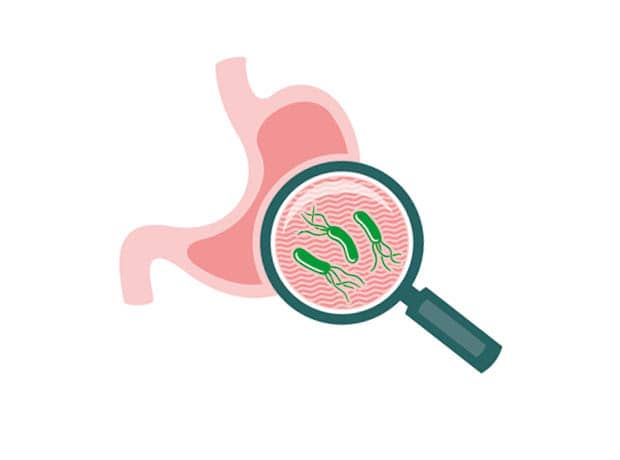Primary sclerosing cholangitis is estimated to affect 1 in 100,000 people worldwide each year.
A new clinical trial led by the University of Birmingham aims to determine whether fecal microbiota transplantation (FMT) can correct imbalances in the gut microbiome in primary sclerosing cholangitis (PSC), a rare liver disease.
If successful, this new treatment could offer new therapeutic outcomes for PSC patients, potentially improving their quality of life by slowing or even reversing the progression of the disease.
Estimated to affect approximately 1 in 100,000 people worldwide each year, PSC is a chronic liver disease that occurs when bile ducts inside and outside the liver become inflamed, scarred, and eventually narrowed or blocked.
FARGO, a multicentre, double-blind, placebo-controlled trial led by the Birmingham Cancer Research UK Clinical Trials Unit and funded by LifeArc and PSC Support, is recruiting its first patients and aims to recruit a total of 58 PSC patients from various locations in England, including Birmingham, the Royal Free London, St Mark’s Hospital, Imperial College London and Norfolk and Norwich University Hospitals NHS Foundation Trust, to receive either weekly FMT or placebo over eight weeks.
FMT involves harvesting healthy bacteria, called the microbiota, from the stool of healthy donors, purifying it in the lab and transplanting it into the intestines of PSC patients, which has previously been shown to be safe and effective in treating inflammatory bowel disease and Clostridium difficile infections.
Dr Palak Trivedi, clinical scientist at the National Institute for Health and Care Excellence Birmingham Biomedical Research Centre and trial leader, said: “We are thrilled to have the first patient take part in this innovative trial. There is currently no cure or medicine for PSC, so this is the first time in the world that FMT treatment will be investigated in patients with this disease.”
Dr Catriona Crombie, head of rare diseases at LifeArc, said: “If this trial shows that FMT works, PSC Support will advocate for patients to have access to it as soon as possible. Once this study is complete, we could make a difference to patients within five years.”








